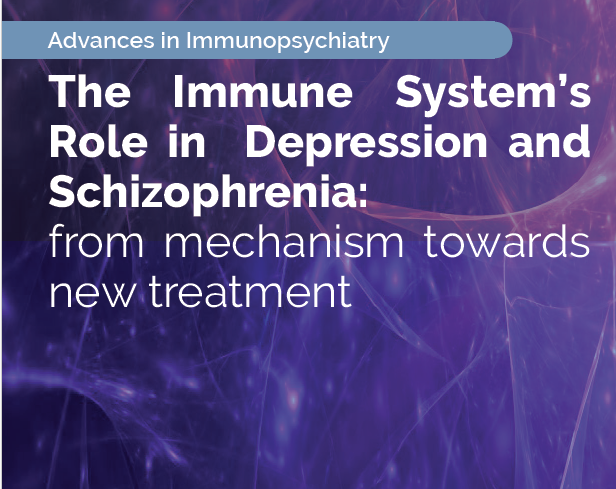The Immune System’s Role in Depression and Schizophrenia: from mechanism towards new treatment

The Immune System’s Role in Depression and Schizophrenia: from mechanism towards new treatment
Immune dysfunction, particularly low-grade systemic inflammation, is implicated in pathogenesis of depression, schizophrenia, and other psychiatric disorders. Inflammation is a clinically relevant phenotype, as it is associated with poor response to psychotropic medications. Currently, several RCTs are testing the effectiveness of anti-inflammatory drugs for patients with depression and schizophrenia. However, there are key unanswered questions, both mechanistic and clinical. Is inflammation a causal risk factor for depression and schizophrenia? What causes inflammation? Could antiinflammatory drugs be used to treat these disorders? If so, which patients are likely to benefit? Prof Khandaker will present data from population-based cohort studies (e.g., ALSPAC, UK Biobank), genetic analysis (e.g., Mendelian randomization – a genetic causal inference method), and clinical trials addressing some of these issues. Pitfalls of current approaches and areas for future development is discussed.
Video
